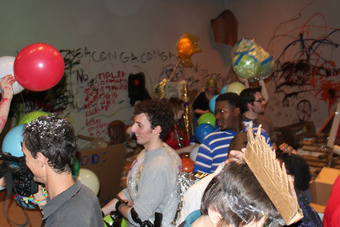 In the spring of 2010, I participated in a TASK Party at University Galleries in Normal, Illinois. At the time, I was a graduate student at Illinois State University. A professor encouraged our class to meet Oliver Herring, an experimental artist visiting from New York. Herring was at the university to direct an improvisational event, known as a TASK Party. The experience stuck with me as I transitioned to my first teaching job at Oregon Elementary School. As explained on http://oliverherringtask.wordpress.com/ , All TASK structures, the events, parties and workshops rely on the same basic infrastructure: a designated area (usually but not necessarily made from construction paper), a variety of props and materials (cardboard, plastic bags, pencils, tables cling wrap, tape, markers, ladders…) and the participation of people who agree to follow two simple, procedural rules: to write down a task on a piece of paper and add it to a designated “TASK pool,” and, secondly, to pull a task from that pool and interpret it any which way he or she wants, using whatever is on (or potentially off) stage. When a task is completed, a participant writes a new task, pulls a new task, and so on. At the beginning of this school year, I introduced a few classes to the concept of TASK. I wanted to share this experience with my students, in order to encourage collaboration and creative thinking. I did not provide specific examples, in hopes that each class would develop their own unique experience. As they worked, and often played, I observed and photographed examples of creative problem-solving. I noted that the majority of tasks resulted in creating a tangible artwork. However, one group did interpret the task to "make cell phones" as creating their own cell phone commercial. I wanted to encourage others to complete their tasks in such an unconventional way, but felt it was more important to allow their own personal interpretations. I have used TASK parties to promote group accountability and reward positive behaviors. If the entire class exceeds our behavior expectations for the day, they may vote on a group reward. Of the classes who have earned such a reward, many have chosen to participate in a TASK party. As the year has gone on, I have found it difficult to schedule a TASK party around our existing curriculum. I think in the future I may incorporate TASK as its own unit, rather than a behavior incentive. I would like to involve students more in the planning, and provide them with more information on artist, Oliver Herring. Below are photographs from various TASK parties at Oregon Elementary School:
0 Comments
Your comment will be posted after it is approved.
Leave a Reply. |
Mr. DeWilde's Blog
Archives
June 2024
|
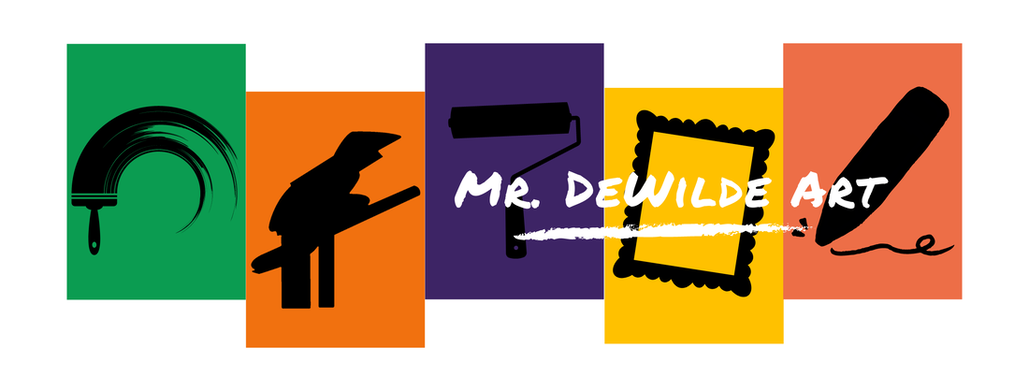
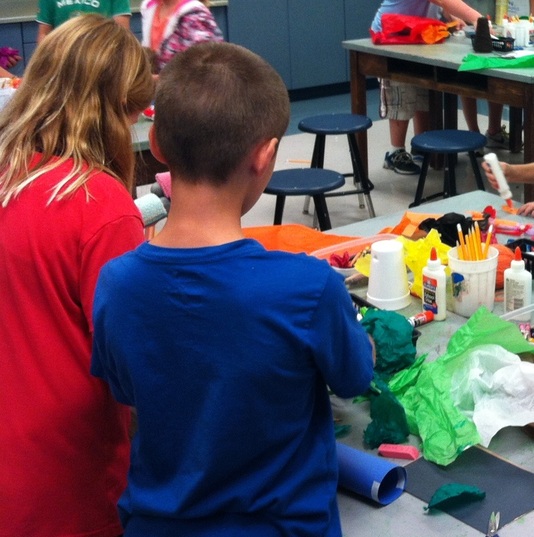
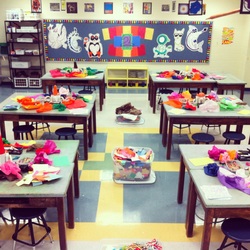
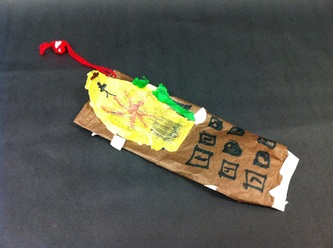
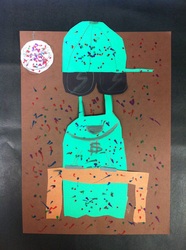
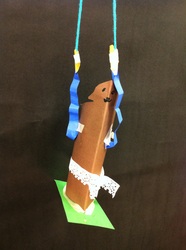
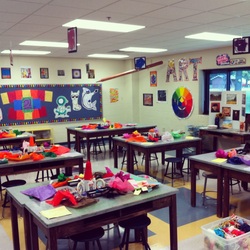
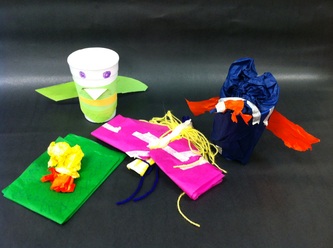
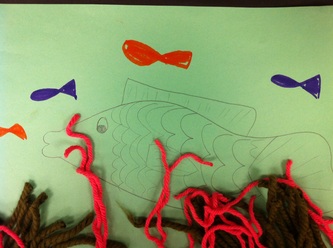
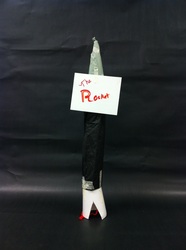
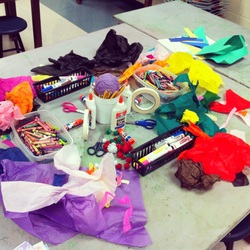
 RSS Feed
RSS Feed